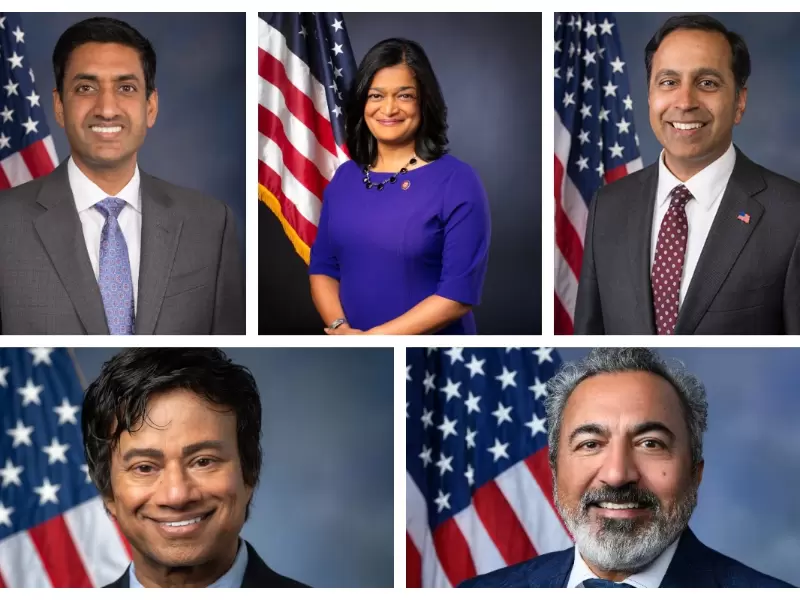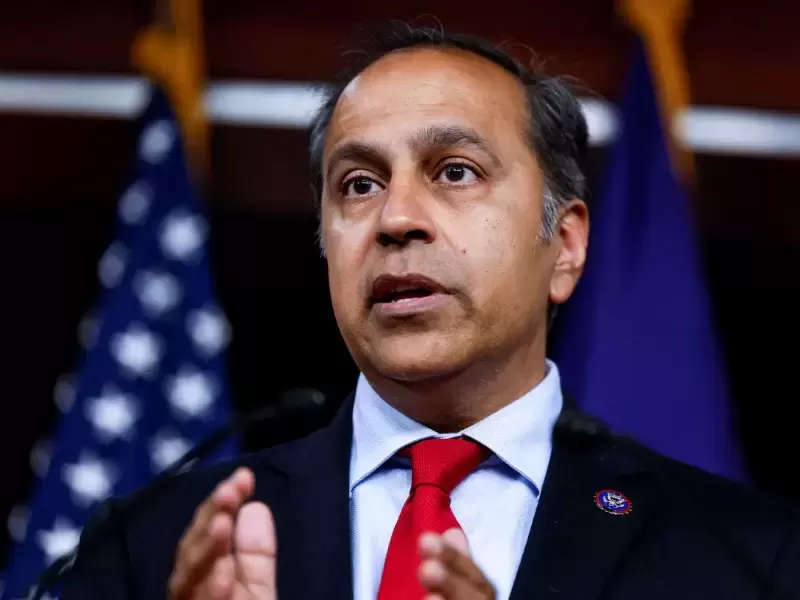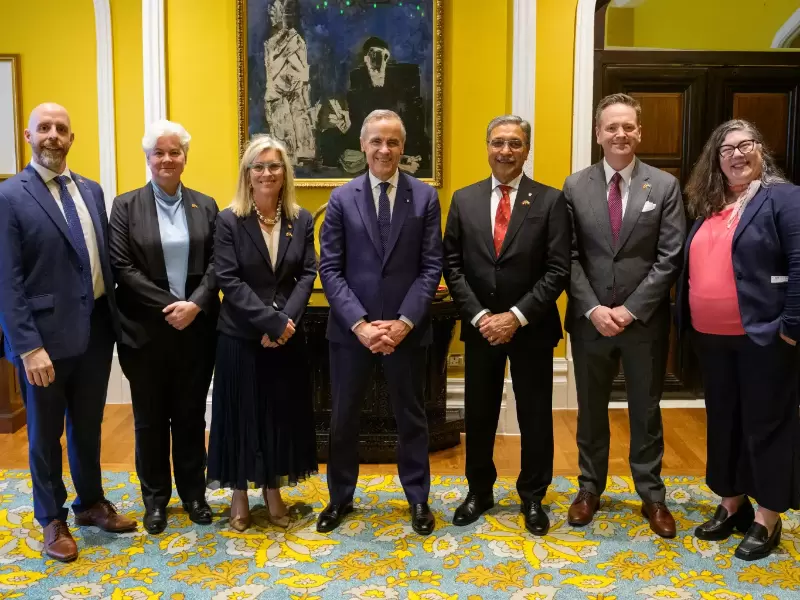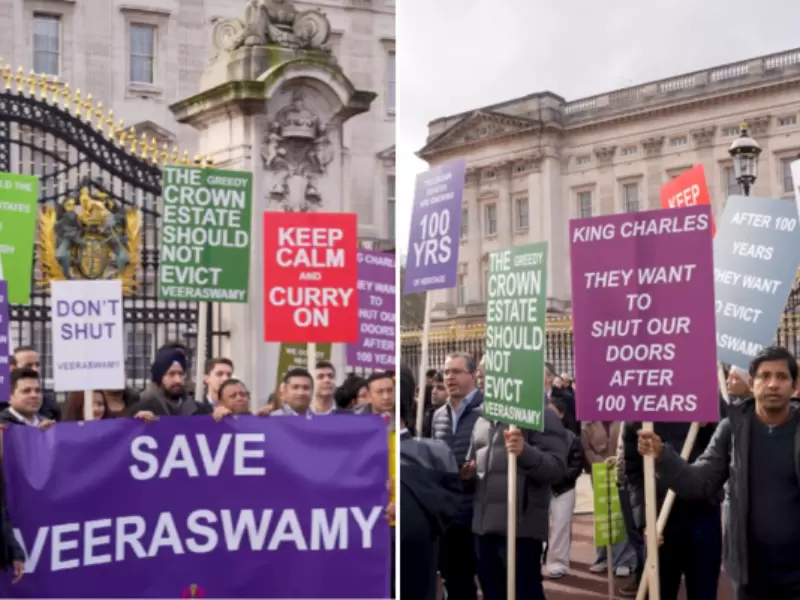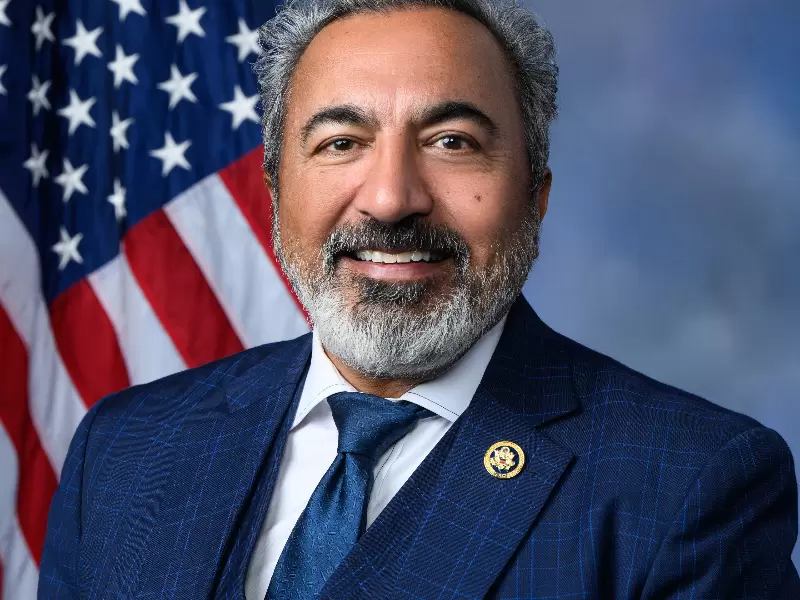POP
See MoreCommunity
See MorePhysician Jaya Shah to receive honor at Ohio temple
She will be recognized for medical outreach work on March 8.
-
Be it in New York City, Chicago or Atlanta, the spring festival has seen thousands of diaspora members come together...
-
The virtual conversation will be themed around local action by women leaders who act as engines of lasting change.
-
The organization described the use of the poster as 'blatant Hinduphobia' and 'bigotry'.
ADVERTISEMENT
Videos
View AllOpinion
See MorePeople
See MoreTIME names 2 Indian Americans Women of the Year
TIME said this year’s list reflects a growing sense of urgency around protecting rights and sustaining progress for women and girls.
-
The program seeks to prepare future leaders to address complex national and global challenges.
-
Dodani became the first faculty member from UT Dallas to receive the honor.
-
Ghoshal most recently served as Experity president and COO.
ADVERTISEMENT
Entertainment
See More-
They will also be sending trucks filled with sweets across the country to commemorate their wedding.
-
The screenings of the film begins with a video introduction by filmmaker Wes Anderson, who helped with the 4K restoration.
-
She is also known for being the cousin of Bollywood...
-
The Bengali-language film blends suspense and dark humour around a...
-
ADVERTISEMENT
Immigration
See More
The 20-year-old was flown to Honduras on Nov. 22 despite a Massachusetts judge's order the prior day barring her from being deported or transferred out of the state for 72 hours.
-
Launched in Sonipat, the campaign’s current phase focuses on Ambala, Kaithal, Karnal, and Kurukshetra.
-
The DOJ initially claimed that ICE had violated the judicial order and transferred Singh to New York but later backtracked.
-
Federal courts in recent years have closely examined prolonged immigration...
-
There are over 300,000 Indian students in the US, and...
Food
See More-
The new CBS series features 16 top chefs competing for a $1 million prize in a prime-time culinary showdown.
-
The Indian-origin executive will lead the company’s Snacks business, overseeing brands such as Goldfish and Pepperidge Farm.
-
The Indian-American author and TV host discussed her show Taste the Nation and her new book at the university event.
-
The fast-casual Indian chain recently opened its restaurant in Pennsylvania.
-
Six national prizes will recognize early-career food and media practitioners...
-
Ambassadors Clubhouse adds a fresh destination to New York City’s...
-
Doosra reimagines classic South Asian flavours with bold American twists
-
The expansion is backed by a marketplace model linking Indian...
SPORTS NEWS
See MoreIndia's media were lavish in their praise for Samson, who...
West Indies posted a competitive 195/4 after being asked to...
Zimbabwe's fairytale run in the tournament ended with two big...
The India captain rose to the occasion to bring up...
News
See More-
ADVERTISEMENT
Please enter something
- Asian Americans
- Biz
- Books
- Canada
- Community
- Culture
- Dating
- Diplomacy
- Diwali
- Editor picks
- Editorial
- Explainers
- Fashion
- Features
- Food
- Immigration
- India
- India Decides '24
- India Independence Day
- Letters to the Editor
- Life
- Maha Kumbh
- Movies+
- News
- Opinion
- People
- Ram Mandir
- Reviews
- Rooted and Roaming
- Sports
- Spotlight
- Tech
- Travel n’ Diplomacy
- Trump 2.0
- UK Votes 2024
- US Elections 2024
- USA
- West Coast





